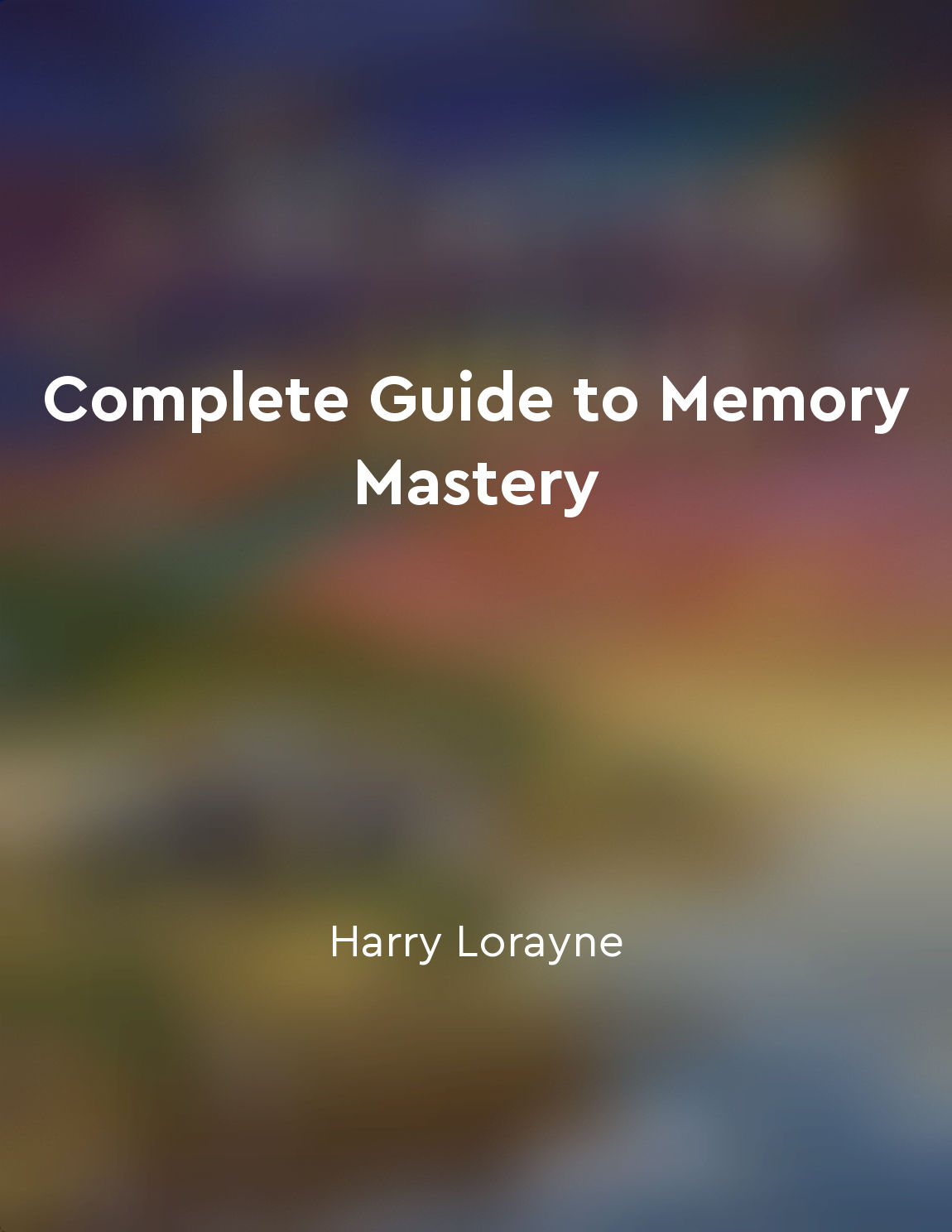The mind creates connections between ideas from "summary" of An Enquiry Concerning Human Understanding by David Hume
In the process of understanding the world around us, the mind naturally seeks to form connections between various ideas and impressions. This tendency is inherent in human nature, as we constantly strive to make sense of the complexities of our experiences. When we encounter a new idea or image, our minds instinctively look for similarities or relationships with familiar concepts. This mental activity is essential for the development of knowledge and understanding, as it allows us to build upon our existing beliefs and perceptions. Through the process of association, the mind links together ideas that are related in some way, whether through similarity, contiguity, or cause and effect. For example, when we see a flame, we immediately think of heat, as we have learned through past experiences that fire produces warmth. This association is not based on logical reasoning or deduction, but on the natural tendency of the mind to connect ideas that are frequently experienced together. These connections between ideas are not fixed or predetermined, but are constantly evolving as we gather new information and experiences. As we encounter more instances of a particular relationship between ideas, such as the connection between smoking and lung cancer, our minds strengthen these associations through repetition and reinforcement. This process of mental conditioning allows us to form more complex and nuanced understandings of the world, as we learn to recognize patterns and relationships that are not immediately obvious. However, the mind's ability to create connections between ideas is not infallible, as it is susceptible to biases, errors, and misconceptions. Our perceptions and beliefs can be influenced by a variety of factors, such as cultural norms, personal experiences, and social influences. These influences can shape the way we interpret and process information, leading to potentially flawed or distorted perceptions of reality. Despite these limitations, the mind's capacity to form connections between ideas is a fundamental aspect of human cognition. By recognizing and understanding the processes of association that underlie our thinking, we can gain insight into the ways in which our beliefs and perceptions are shaped. Through critical reflection and self-awareness, we can cultivate a more nuanced and sophisticated understanding of the world, allowing us to navigate the complexities of human experience with greater clarity and insight.Similar Posts

Patience is key
Patience is key. It is an essential ingredient in the recipe for success when it comes to mastering your memory. Without patien...
Use humor to engage your audience
Humor is a powerful tool in communication. It has the ability to captivate an audience, create a connection, and leave a lastin...
Develop a study routine to maximize productivity and efficiency
To make the most of your study time, it’s important to establish a routine that works for you. By creating a consistent schedul...
Manifest your desires with clarity
To manifest your desires with clarity, you must first understand what it is that you truly want. This requires a deep level of ...

Mental fatigue impairs decision making abilities
The idea that mental fatigue can diminish our ability to make sound decisions is a crucial insight from "Thinking, Fast and Slo...
Engage in positive selftalk
Positive self-talk involves intentionally changing the way you speak to yourself in your mind. It's about replacing negative th...
Beliefs affect behavior
Beliefs are powerful drivers of behavior. They shape our thoughts, decisions, and actions in profound ways. Our beliefs create ...
Confirmation bias leads us to seek out information that supports our beliefs
Confirmation bias is a powerful force that often leads us to seek out information that aligns with our existing beliefs. It is ...
Students need guidance to develop problemsolving skills
Problem-solving is a skill that is crucial for success in school and in life. However, developing strong problem-solving skills...

Setting specific goals enhances memory performance
When we set specific goals, we create a clear target for our minds to aim towards. This clarity enables our brains to focus on ...
